Kick off the 2025 QCOSS Conference: Changing State with us
Before the formal program begins, join friends and colleagues from across the sector for a relaxed evening at Blackbird Bar on Tuesday, 25 November 2025.
It’s a chance to catch up, make new connections and enjoy each other’s company in one of Brisbane’s most iconic riverside spots.
We look forward to sharing a drink, a laugh, and a great start to the conference with you.
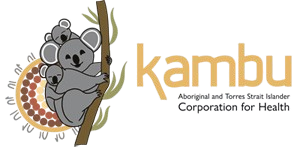
 Rosie Batty AO
A leading voice against domestic violence
Rosie Batty AO is one of Australia’s most high-profile lived-experience advocates. Since the murder of her son, Luke, at the hands of his father, she has campaigned tirelessly and selflessly for domestic and family violence awareness and change.
In what has been labelled
Rosie Batty AO
A leading voice against domestic violence
Rosie Batty AO is one of Australia’s most high-profile lived-experience advocates. Since the murder of her son, Luke, at the hands of his father, she has campaigned tirelessly and selflessly for domestic and family violence awareness and change.
In what has been labelled The Batty Effect
, Rosie’s immense generosity in sharing her story has changed the public narrative around domestic and family violence and driven national social and policy reform.
In this keynote session, Rosie will share her story and discuss how we can build a future free from violence and abuse, followed by a short Q&A with the audience.
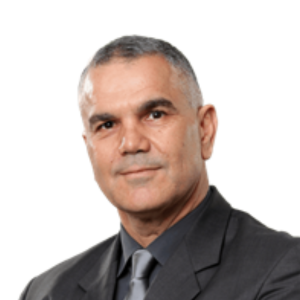 Dr Chris SarraStronger Smarter Institute
Dr Chris SarraStronger Smarter Institute
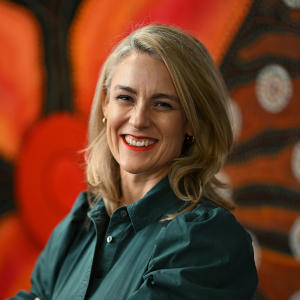 Aimee McVeighQCOSS
When Dr Chris Sarra sat down with QCOSS CEO Aimee McVeigh in 2022, he spoke of his excitement at being on the
Aimee McVeighQCOSS
When Dr Chris Sarra sat down with QCOSS CEO Aimee McVeigh in 2022, he spoke of his excitement at being on the cusp of systemic change
and bringing his ancestors’ dreams to fruition.
The former Director-General of the Department of Seniors, Disability Services and Aboriginal and Torres Strait Islander Partnerships was speaking against the backdrop of Treaty being established and the start of a campaign to enshrine a Voice to Parliament.
Much has changed since 2022 but our capacity to dream and bring forward systemic change has not.
In this conversation Aimee and Chris will talk about the time we are in, the work we are being called to do and the future we’re dreaming for our children and their children.

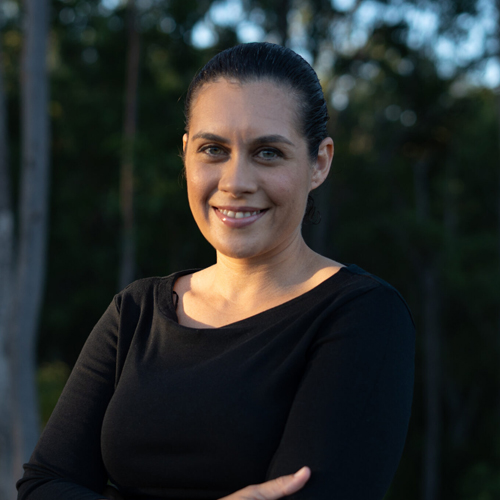 Dr Amy McQuire
QUT Carumba Institute
Dr Amy McQuire
QUT Carumba Institute
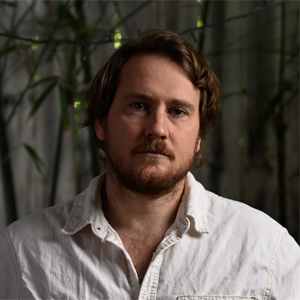 Ben Smee The Guardian
Ben Smee The Guardian
 Daniel James
7am
Daniel James
7am
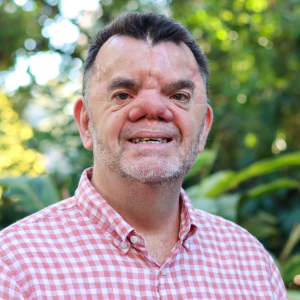 Robert Hoge
QCOSS
Across Queensland, the conversation about young people is becoming increasingly driven by fear and misinformation rather than backed by evidence. This fuels calls to lock up children, even though we know detention does not make communities safer.
Evidence shows that community-led, culturally safe programs — particularly those led by First Nations organisations — are far more effective than detention, which increases the chance of reoffending.
So how do we change the media narrative from one of fear and punishment to one of truth and care?
Our speakers will share how they are actively challenging conservative media narratives and political rhetoric — and how we can do this together in Queensland.
This panel will also feature young people with lived experience of the youth justice system, who will speak about the impact of media framing and share how they are advocating to reshape the way young people are seen and heard.
Robert Hoge
QCOSS
Across Queensland, the conversation about young people is becoming increasingly driven by fear and misinformation rather than backed by evidence. This fuels calls to lock up children, even though we know detention does not make communities safer.
Evidence shows that community-led, culturally safe programs — particularly those led by First Nations organisations — are far more effective than detention, which increases the chance of reoffending.
So how do we change the media narrative from one of fear and punishment to one of truth and care?
Our speakers will share how they are actively challenging conservative media narratives and political rhetoric — and how we can do this together in Queensland.
This panel will also feature young people with lived experience of the youth justice system, who will speak about the impact of media framing and share how they are advocating to reshape the way young people are seen and heard.
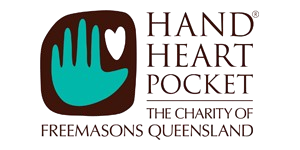
 Dave Grenfell OAM
The Shelter Collective
Dave Grenfell OAM
The Shelter Collective
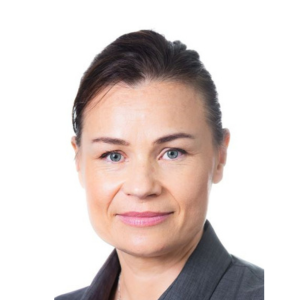 Michelle Coats
Director, The Shelter Collective
Michelle Coats
Director, The Shelter Collective
 Sue Pope
Common Ground Queensland
Sue Pope
Common Ground Queensland
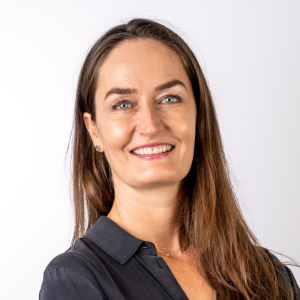 Victoria Parker
The Lady Musgrave Trust
As the housing and homelessness crisis deepens, community service organisations are stepping up with innovative, locally driven responses. This session will showcase how the community sector is developing practical, people-centred solutions to improve housing security and wellbeing.
Hear from Dave Grenfell and Michelle Coats (The Shelter Collective), Sue Pope (Common Ground Queensland and Micah Projects collaboration), and Victoria Parker (The Lady Musgrave Trust) as they share how their organisations are implementing new, scalable initiatives that could inform and inspire broader sector change.
Join us to learn how grassroots leadership and sector collaboration are helping to reshape the housing landscape in Queensland.
Victoria Parker
The Lady Musgrave Trust
As the housing and homelessness crisis deepens, community service organisations are stepping up with innovative, locally driven responses. This session will showcase how the community sector is developing practical, people-centred solutions to improve housing security and wellbeing.
Hear from Dave Grenfell and Michelle Coats (The Shelter Collective), Sue Pope (Common Ground Queensland and Micah Projects collaboration), and Victoria Parker (The Lady Musgrave Trust) as they share how their organisations are implementing new, scalable initiatives that could inform and inspire broader sector change.
Join us to learn how grassroots leadership and sector collaboration are helping to reshape the housing landscape in Queensland.
 Anita Veivers
Centacare FNQ
Anita Veivers
Centacare FNQ
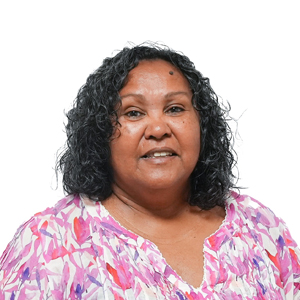 Audrey Deemal
Cape York Institute
Audrey Deemal
Cape York Institute
 Kathleen Walker
Wujal Wujal Elders Justice Group and Eastern Kuku Yalanjiwarra Elder
Kathleen Walker
Wujal Wujal Elders Justice Group and Eastern Kuku Yalanjiwarra Elder
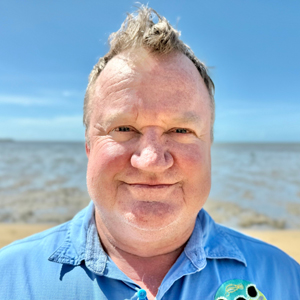 Joshua Paterson
Jabalbina Yalanji Aboriginal Corporation
Joshua Paterson
Jabalbina Yalanji Aboriginal Corporation
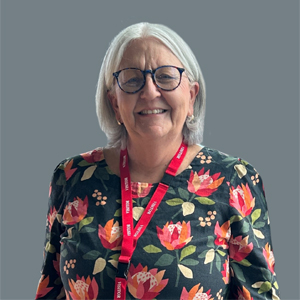 Melinda McInturff Community Plus Queensland Inc
Melinda McInturff Community Plus Queensland Inc
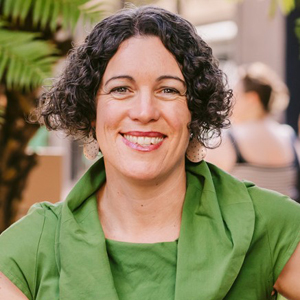 Natasha Odgers
Neighbourhood Centres Queensland
In 2023, the remote First Nations community of Wujal Wujal was flooded and 300 residents had to be evacuated by army helicopter.
It was six months before they could return. The event prompted the community to put in place a long-term disaster response to ensure self-determination and resilience for future events.
As extreme weather events increase in number and severity, the need for culturally sensitive, community-centred disaster responses is becoming increasingly clear. In this session, community leaders will share their knowledge and experience of Wujal Wujal’s innovations in disaster resilience, as an example of what can be done.
Natasha Odgers
Neighbourhood Centres Queensland
In 2023, the remote First Nations community of Wujal Wujal was flooded and 300 residents had to be evacuated by army helicopter.
It was six months before they could return. The event prompted the community to put in place a long-term disaster response to ensure self-determination and resilience for future events.
As extreme weather events increase in number and severity, the need for culturally sensitive, community-centred disaster responses is becoming increasingly clear. In this session, community leaders will share their knowledge and experience of Wujal Wujal’s innovations in disaster resilience, as an example of what can be done.
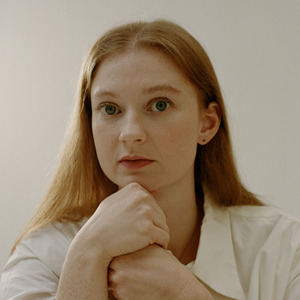 Bri Lee
Author
Bri Lee
Author
 Jess Hill
University of Technology Sydney
Jess Hill
University of Technology Sydney
 Karina Hogan
Blak Dance
Karina Hogan
Blak Dance
 Rosie Batty AO
A leading voice against domestic violence
Through unapologetic truth-telling, our speakers have harnessed the power of storytelling, media and public discourse to spotlight critical social issues. Together they have elevated the national conversation on domestic, family and sexual violence, helping Australians see, listen, care, dream bigger and expect more from how we talk about and respond to domestic, family and sexual violence.
In this session, our journalists, authors and advocates will share what drives their work, the challenges they’ve faced, and how their words have helped shift the narrative around this complex social issue.
Rosie Batty AO
A leading voice against domestic violence
Through unapologetic truth-telling, our speakers have harnessed the power of storytelling, media and public discourse to spotlight critical social issues. Together they have elevated the national conversation on domestic, family and sexual violence, helping Australians see, listen, care, dream bigger and expect more from how we talk about and respond to domestic, family and sexual violence.
In this session, our journalists, authors and advocates will share what drives their work, the challenges they’ve faced, and how their words have helped shift the narrative around this complex social issue.
 Atlas
Hometime Campaign representative
Atlas
Hometime Campaign representative
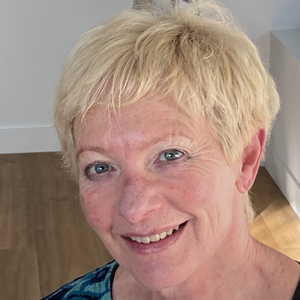 Linda Bowden
Habilis
Linda Bowden
Habilis
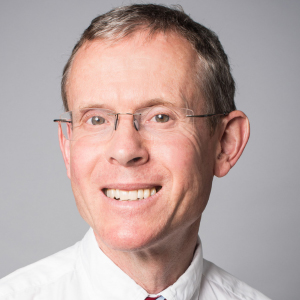 Professor Hal Pawson City Futures Research Centre, UNSW
Professor Hal Pawson City Futures Research Centre, UNSW
 Bronwen Kippen
QCOSS
Homelessness is not inevitable — and ending it doesn’t have to remain a distant dream. Across Queensland and beyond, there is growing momentum for a fundamental shift in how we respond: from managing crises to preventing them altogether.
This session will explore how we can reshape the housing and homelessness system through strategic, systems-level reform and service delivery. Speakers with deep experience in policy, service design, and sector leadership will share the changes needed to embed prevention and early intervention at the heart of our response.
The session will also include a lived experience perspective, grounding the conversation in the realities of navigating the system and highlighting the urgency for change.
Bronwen Kippen
QCOSS
Homelessness is not inevitable — and ending it doesn’t have to remain a distant dream. Across Queensland and beyond, there is growing momentum for a fundamental shift in how we respond: from managing crises to preventing them altogether.
This session will explore how we can reshape the housing and homelessness system through strategic, systems-level reform and service delivery. Speakers with deep experience in policy, service design, and sector leadership will share the changes needed to embed prevention and early intervention at the heart of our response.
The session will also include a lived experience perspective, grounding the conversation in the realities of navigating the system and highlighting the urgency for change.
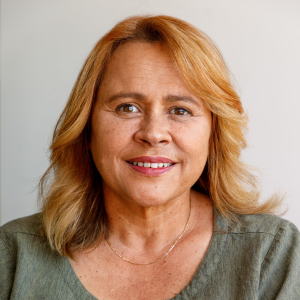 Professor Jody Currie Queensland University of Technology
Professor Jody Currie Queensland University of Technology Karyn Walsh
Karyn Walsh
Micah Projects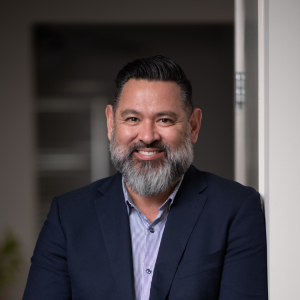 Neil Willmett
Neil Willmett
Aboriginal and Torres Strait Islander Housing Queensland Aimee McVeigh
Aimee McVeigh
QCOSS
Activism doesn’t happen without people, and Queensland’s community sector has long been shaped by those who have stood up, spoken out, and pushed for change. In this session, you’ll meet some of the state’s most effective advocates and reformers — leaders whose work continues to drive progress on social justice, equity, and community wellbeing.
Through powerful personal stories and thoughtful reflections, speakers will explore what makes an effective advocate, how past movements have shaped today’s sector, and what the future demands of the next generation of changemakers.
This is a chance to hear from people who have been at the heart of major reforms, who have challenged systems, influenced policy, and inspired action. Their experiences offer valuable insights and motivation for those continuing the work to build a fairer Queensland.
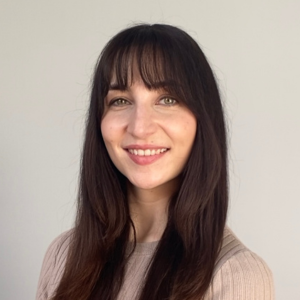 Isabella Crombie-Tait Business Chamber of Queensland
Isabella Crombie-Tait Business Chamber of Queensland
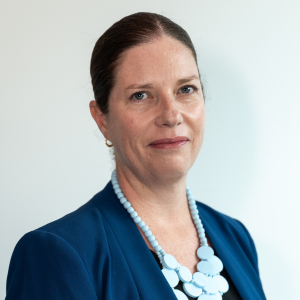 Kylie Newey
Department of Trade, Employment and Training, Queensland Government
Kylie Newey
Department of Trade, Employment and Training, Queensland Government
 Wayne Graham
University of the Sunshine Coast
Wayne Graham
University of the Sunshine Coast
 Jamie Brown
QCOSS
Jamie Brown
QCOSS
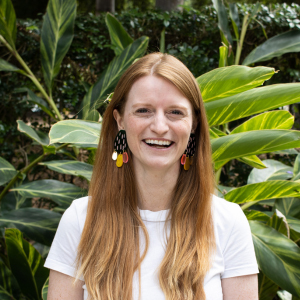 Stacey De Calmer
QCOSS
The future of the community services workforce starts with planning today. This session will blend workforce planning theory with practical strategies that organisations can use to shape a resilient, skilled, and sustainable workforce.
We will look at key workforce trends and take away actionable steps to engage in workforce planning. This session will introduce you to several pathways to navigate workforce challenges and drive long-term impact, both within your organisation, and systemically.
Stacey De Calmer
QCOSS
The future of the community services workforce starts with planning today. This session will blend workforce planning theory with practical strategies that organisations can use to shape a resilient, skilled, and sustainable workforce.
We will look at key workforce trends and take away actionable steps to engage in workforce planning. This session will introduce you to several pathways to navigate workforce challenges and drive long-term impact, both within your organisation, and systemically.
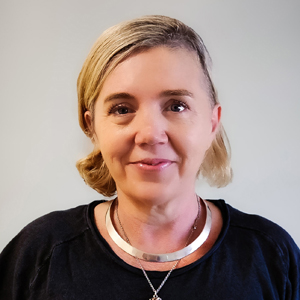 Genevieve Sinclair
Youth Empowered Towards Independence
Genevieve Sinclair
Youth Empowered Towards Independence
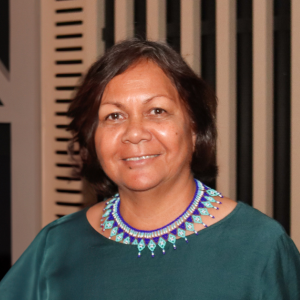 Adjunct Professor Sandra Creamer AM
University of Queensland
Adjunct Professor Sandra Creamer AM
University of Queensland
 Professor Susan Harris Rimmer
Griffith Law School
Professor Susan Harris Rimmer
Griffith Law School
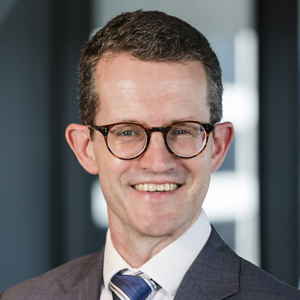 Tim Gordon
Clayton Utz
Tim Gordon
Clayton Utz
 Hon. Yvette D’Ath
Consultant, Former Attorney-General and Health Minister
In the six years since the hard-fought-for Human Rights Act 2019 (Qld) was passed into legislation, what impact has it had on our policy, advocacy and culture?
In this panel discussion, leading human rights experts and advocates from across Australia will share their insights into how human rights legislation can be used to drive social change.
Drawing on legal, social, and lived experience perspectives, the panel will explore how legislation can serve as a vital framework for protecting individual freedoms, promoting equality, and holding governments to account — both within Queensland and beyond.
Hon. Yvette D’Ath
Consultant, Former Attorney-General and Health Minister
In the six years since the hard-fought-for Human Rights Act 2019 (Qld) was passed into legislation, what impact has it had on our policy, advocacy and culture?
In this panel discussion, leading human rights experts and advocates from across Australia will share their insights into how human rights legislation can be used to drive social change.
Drawing on legal, social, and lived experience perspectives, the panel will explore how legislation can serve as a vital framework for protecting individual freedoms, promoting equality, and holding governments to account — both within Queensland and beyond.
Join us for a special gala dinner during the QCOSS Conference to celebrate our sector’s community heroes! The Queensland Community Impact Awards (QCIA) is our sector’s night of nights – an opportunity to come together to shine a light on the individuals and organisations who go above and beyond for their communities and support the Queenslanders who are doing it tough every day.
Pre-dinner refreshments commence at 6:30pm.

Join us for the QCOSS (Queensland Council of Social Service Ltd) Annual General Meeting. Details to follow.
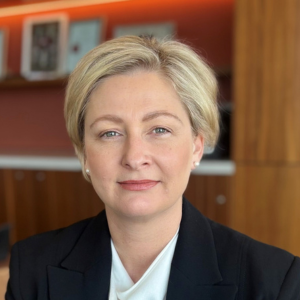 The Honourable Amanda Camm MP
Minister for Families, Seniors and Disability Services and the Minister for Child Safety and the Prevention of Domestic and Family Violence
The Honourable Amanda Camm MP
Minister for Families, Seniors and Disability Services and the Minister for Child Safety and the Prevention of Domestic and Family Violence
 Aimee McVeigh
QCOSS
Member for Whitsunday, the Honourable Amanda Camm is the Minister for Families, Seniors and Disability Services and the Minister for Child Safety and the Prevention of Domestic and Family Violence. Her knowledge of these key portfolios was gained in North Queensland where, as Deputy Mayor of Mackay Regional Council, she set up a widely lauded and emulated community-led domestic and family violence taskforce, successfully advocated for quality strategic planning and housing development, and led the community through multiple natural disasters.
In this In Conversation, Minister Camm will share insights into her political career, her portfolio and vision for Queensland’s community services sector.
Aimee McVeigh
QCOSS
Member for Whitsunday, the Honourable Amanda Camm is the Minister for Families, Seniors and Disability Services and the Minister for Child Safety and the Prevention of Domestic and Family Violence. Her knowledge of these key portfolios was gained in North Queensland where, as Deputy Mayor of Mackay Regional Council, she set up a widely lauded and emulated community-led domestic and family violence taskforce, successfully advocated for quality strategic planning and housing development, and led the community through multiple natural disasters.
In this In Conversation, Minister Camm will share insights into her political career, her portfolio and vision for Queensland’s community services sector.
 Christine Thomas
Cygnet Centre for Peacebuilding & Transformation Ltd
Christine Thomas
Cygnet Centre for Peacebuilding & Transformation Ltd
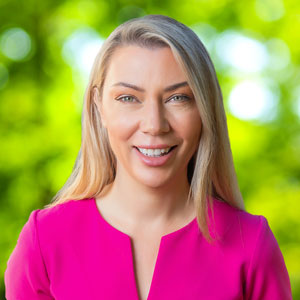 Jonty Bush MP Member for Cooper
Jonty Bush MP Member for Cooper
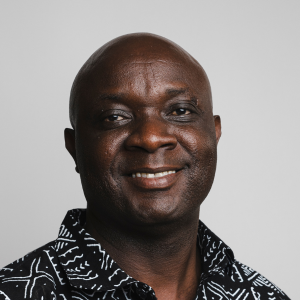 Dr Joseph Hongoh
Queensland Human Rights Commission
Dr Joseph Hongoh
Queensland Human Rights Commission
 Richard Dening
Restorative Justice Unit, Justice and Community Safety Directorate, ACT Government
Restorative justice offers unique opportunities to address and prevent harm by moving beyond punishment towards healing. It brings together those affected by harm in a safe, structured way to discuss the impact and work towards repair.
With flexible and responsive practices, restorative justice can be tailored to meet the needs of individuals, communities, and prevention efforts.
In this session, a dynamic panel of experts and leaders in human rights, peacebuilding and justice policy will explore how restorative justice fosters healing, accountability, empathy and lasting change.
Richard Dening
Restorative Justice Unit, Justice and Community Safety Directorate, ACT Government
Restorative justice offers unique opportunities to address and prevent harm by moving beyond punishment towards healing. It brings together those affected by harm in a safe, structured way to discuss the impact and work towards repair.
With flexible and responsive practices, restorative justice can be tailored to meet the needs of individuals, communities, and prevention efforts.
In this session, a dynamic panel of experts and leaders in human rights, peacebuilding and justice policy will explore how restorative justice fosters healing, accountability, empathy and lasting change.
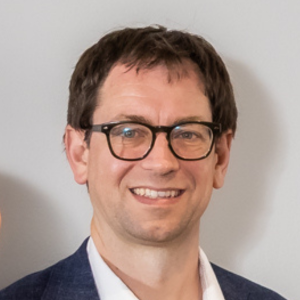 Luke Terry White Box Enterprises
Luke Terry White Box Enterprises
 Nic Marchesi OAM
Orange Sky
Nic Marchesi OAM
Orange Sky
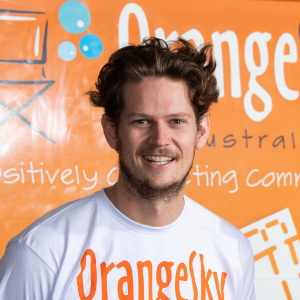 Lucas Patchett OAM
Orange Sky
Lucas Patchett OAM
Orange Sky
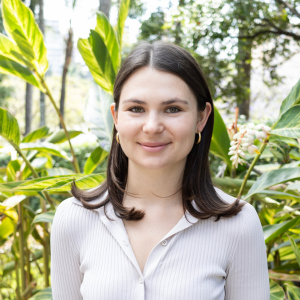 Nadja Van Schie
QCOSS
Nadja Van Schie
QCOSS
 Peggy Flannery
Peggy’s Place
Some of the most creative and successful innovation in our sector is driven by a desire to help people meet needs many of us take for granted: clean laundry, good conversations, safe refuge and employment. Behind this innovation is a simple belief: everyone deserves and can have a good quality life.
In this session, we will hear from Orange Sky Laundry founder Nic Marchesi OAM, Luke Terry from White Box Enterprises, and Peggy Flannery from Peggy’s Place about how their organisations are purposefully harnessing innovation to deliver social change.
Peggy Flannery
Peggy’s Place
Some of the most creative and successful innovation in our sector is driven by a desire to help people meet needs many of us take for granted: clean laundry, good conversations, safe refuge and employment. Behind this innovation is a simple belief: everyone deserves and can have a good quality life.
In this session, we will hear from Orange Sky Laundry founder Nic Marchesi OAM, Luke Terry from White Box Enterprises, and Peggy Flannery from Peggy’s Place about how their organisations are purposefully harnessing innovation to deliver social change.
 Ben Gales Queensland Treasury
Ben Gales Queensland Treasury
 Jordana Brown
The Smith Family
Jordana Brown
The Smith Family
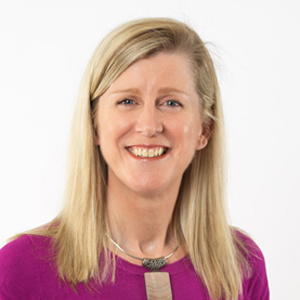 Sandy Blackburn
Social Outcomes
Sandy Blackburn
Social Outcomes
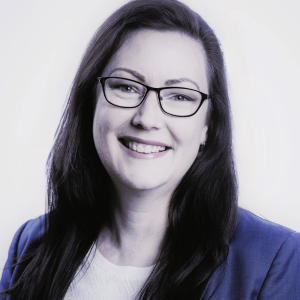 Sara Parrott
Hand Heart Pocket
If you want to diversify your organisation’s funding sources and ensure the continuous quality improvement of your programs, it helps to have a strong evidence base.
In this session, sector and business professionals will share how your organisation can implement a strong evidence base and the benefits of doing so.
Sara Parrott
Hand Heart Pocket
If you want to diversify your organisation’s funding sources and ensure the continuous quality improvement of your programs, it helps to have a strong evidence base.
In this session, sector and business professionals will share how your organisation can implement a strong evidence base and the benefits of doing so.
 Cat Fay
Perpetual
As the wealth of Australian women grows and their economic influence expands over the coming decades, women are having a transformative impact on a range of causes and societal issues.
In this session, we’ll examine how women’s influence, time and burgeoning economic power can be harnessed to help shape a stronger, more equitable Australia.
Cat Fay
Perpetual
As the wealth of Australian women grows and their economic influence expands over the coming decades, women are having a transformative impact on a range of causes and societal issues.
In this session, we’ll examine how women’s influence, time and burgeoning economic power can be harnessed to help shape a stronger, more equitable Australia.
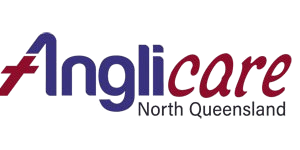
 Candice Hughes
YFS Legal
Candice Hughes
YFS Legal
 Lucy Gregory Domestic Violence Prevention Centre Gold Coast
Lucy Gregory Domestic Violence Prevention Centre Gold Coast
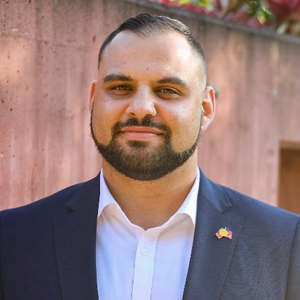 Murray Benton
Queensland Aboriginal and Torres Strait Islander Child Protection Peak
Murray Benton
Queensland Aboriginal and Torres Strait Islander Child Protection Peak
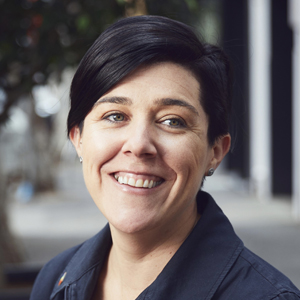 Pam Barker Brisbane Youth Service
Pam Barker Brisbane Youth Service
 Dr Eva Klambauer QCOSS
We know punitive, tough-on-crime responses to youth offending don’t work and can even cause more harm by deepening trauma and entrenching young people in the justice system.
Culturally safe, trauma-informed approaches offer a better way forward. They move beyond punishment to address the real issues behind youth offending — including one of the most significant, yet often overlooked, drivers: exposure to domestic and family violence (DFV).
In this powerful session, we’ll shine a spotlight on the critical intersection of DFV and youth offending. Join us as we unpack the latest evidence, showcase innovative support models making a real difference, and explore bold, collaborative strategies to prevent harm and help young people heal.
This is a call to action for everyone working across the community services sector: let’s come together to shift the narrative, challenge outdated approaches, and champion the kind of support that truly changes lives.
Dr Eva Klambauer QCOSS
We know punitive, tough-on-crime responses to youth offending don’t work and can even cause more harm by deepening trauma and entrenching young people in the justice system.
Culturally safe, trauma-informed approaches offer a better way forward. They move beyond punishment to address the real issues behind youth offending — including one of the most significant, yet often overlooked, drivers: exposure to domestic and family violence (DFV).
In this powerful session, we’ll shine a spotlight on the critical intersection of DFV and youth offending. Join us as we unpack the latest evidence, showcase innovative support models making a real difference, and explore bold, collaborative strategies to prevent harm and help young people heal.
This is a call to action for everyone working across the community services sector: let’s come together to shift the narrative, challenge outdated approaches, and champion the kind of support that truly changes lives.

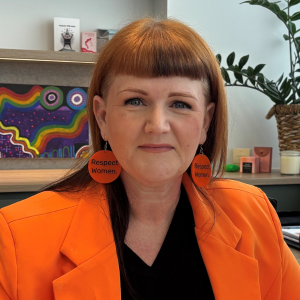 Beck O’Connor Former Victims’ Commissioner
Beck O’Connor Former Victims’ Commissioner
 Geoff Rowe
Aged and Disability Advocacy Australia
Geoff Rowe
Aged and Disability Advocacy Australia
 Luke Twyford
Queensland Family and Child Commission
Luke Twyford
Queensland Family and Child Commission
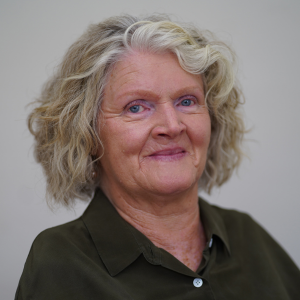 Rosemary Kayess
Australian Human Rights Commission
Statutory authorities play a critical role in shaping laws, policies, and systems — and the people within them often drive reform.
In this session, current and former leaders from key statutory bodies, including the Australian Human Rights Commission, Queensland Family and Child Commission, the Office of the Victim’s Commissioner, and the Public Trustee Advisory and Monitoring Board, will reflect on their roles as decision-makers and advocates for change. They’ll explore how community organisations can work effectively with statutory authorities, and where the real opportunities lie — both within these institutions and through genuine partnership.
Join this conversation to gain practical insights into collaborating across sectors to influence policy and improve outcomes for the people and communities we serve.
Rosemary Kayess
Australian Human Rights Commission
Statutory authorities play a critical role in shaping laws, policies, and systems — and the people within them often drive reform.
In this session, current and former leaders from key statutory bodies, including the Australian Human Rights Commission, Queensland Family and Child Commission, the Office of the Victim’s Commissioner, and the Public Trustee Advisory and Monitoring Board, will reflect on their roles as decision-makers and advocates for change. They’ll explore how community organisations can work effectively with statutory authorities, and where the real opportunities lie — both within these institutions and through genuine partnership.
Join this conversation to gain practical insights into collaborating across sectors to influence policy and improve outcomes for the people and communities we serve.
 Professor John Tobin University of Melbourne
Professor John Tobin University of Melbourne
 Mena Waller
Cancer Council QLD
Mena Waller
Cancer Council QLD
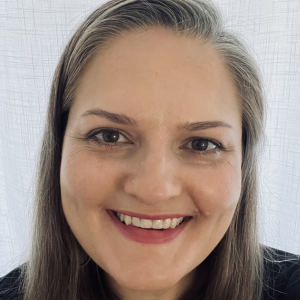 Rebecca Ketton
54reasons
Rebecca Ketton
54reasons
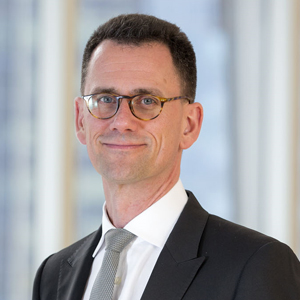 Richard Boele
KPMG
Richard Boele
KPMG
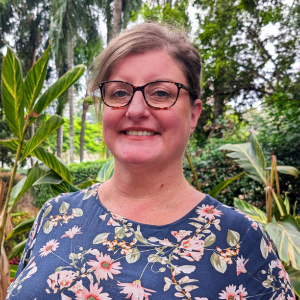 Charlotte Beaumont-Field QCOSS
Delivering services that truly respect and uphold human rights takes more than good intentions and organisational policies — it requires the right skills, culture, and leadership.
In this session, we’ll explore the sector, organisational and individual roles that exist in embedding human rights in frontline community services. We’ll consider what it takes to develop maturity at a state level, how some organisations are making great strides, and how they got there.
Learn what works, what challenges to expect, and how your organisation can mature its approach to ensure dignity, fairness, and equity for the people you support.
Charlotte Beaumont-Field QCOSS
Delivering services that truly respect and uphold human rights takes more than good intentions and organisational policies — it requires the right skills, culture, and leadership.
In this session, we’ll explore the sector, organisational and individual roles that exist in embedding human rights in frontline community services. We’ll consider what it takes to develop maturity at a state level, how some organisations are making great strides, and how they got there.
Learn what works, what challenges to expect, and how your organisation can mature its approach to ensure dignity, fairness, and equity for the people you support.
 Ellie Smith Community Independent Candidate for Dickson
Ellie Smith Community Independent Candidate for Dickson
 Mary Crookes AO Victoria Women’s Trust
Mary Crookes AO Victoria Women’s Trust
 Paula McGrady Canberra Rape Crisis Centre
Paula McGrady Canberra Rape Crisis Centre
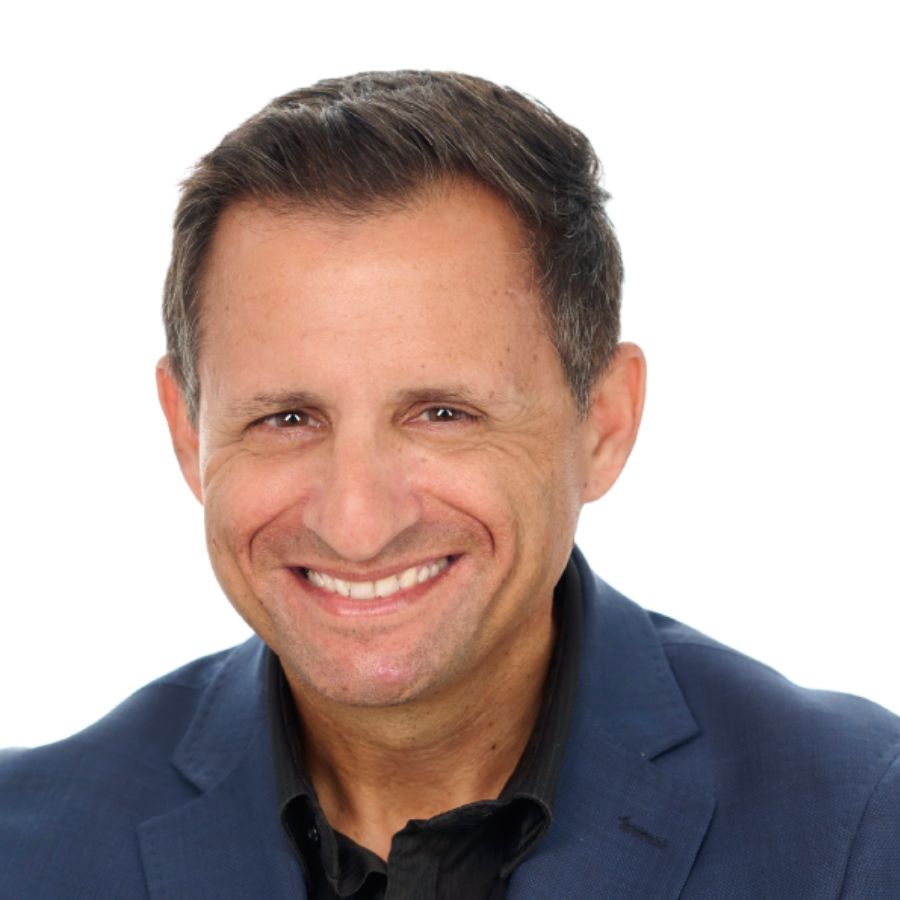 Kos Samaras RedBridge Group Australia
Kos Samaras RedBridge Group Australia
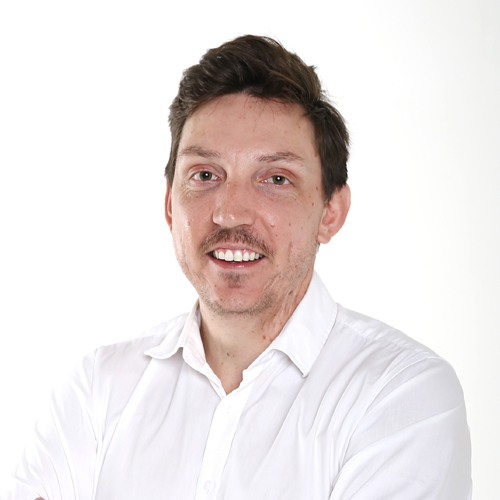 Hayden Johnson The Courier Mail
While we may sometimes feel powerless to influence the systems that shape our society — especially when change is slow and decisions feel distant — it’s empowering to remember that change doesn’t only come from the top down. As organiser and activist Adrienne Maree Brown observes:
Hayden Johnson The Courier Mail
While we may sometimes feel powerless to influence the systems that shape our society — especially when change is slow and decisions feel distant — it’s empowering to remember that change doesn’t only come from the top down. As organiser and activist Adrienne Maree Brown observes: …every single large system or structure or network or political protocol, all of it is made up of small things — of humans either having or not having necessary conversations, and humans being willing to stand up for what is right and stand up against what is wrong.
This is a conversation about harnessing the power of communities as changemakers to spark collective action and change.
 Dr Faiza El-Higzi OAM University of Queensland
Dr Faiza El-Higzi OAM University of Queensland
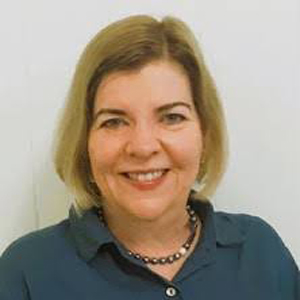 Professor Karen Healy AM University of Queensland
Professor Karen Healy AM University of Queensland
 Natalie Lewis Queensland Family and Child Commission
Natalie Lewis Queensland Family and Child Commission
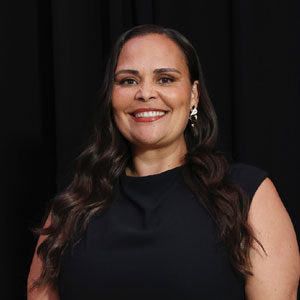 Yarraka Bayles The BlackCard
Poverty and inequality are not inevitable, but the result of deliberate policy decisions. This session will examine how government could end poverty, transforming lives and ending intergenerational disadvantage.
Join the panellists to hear about some of QCOSS’ key priorities for the next few years as they discuss how bold and inclusive policy can shape a fairer Australia for all.
Yarraka Bayles The BlackCard
Poverty and inequality are not inevitable, but the result of deliberate policy decisions. This session will examine how government could end poverty, transforming lives and ending intergenerational disadvantage.
Join the panellists to hear about some of QCOSS’ key priorities for the next few years as they discuss how bold and inclusive policy can shape a fairer Australia for all.
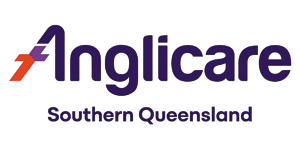
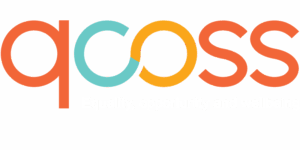


QCOSS acknowledges the Traditional Owners of the lands on which we work, the Turrbal and Jagera people, and we extend that acknowledgment to First Nations Peoples around Queensland. We pay our respect to Elders past and present.
© Copyright QCOSS 2025. All Rights Reserved